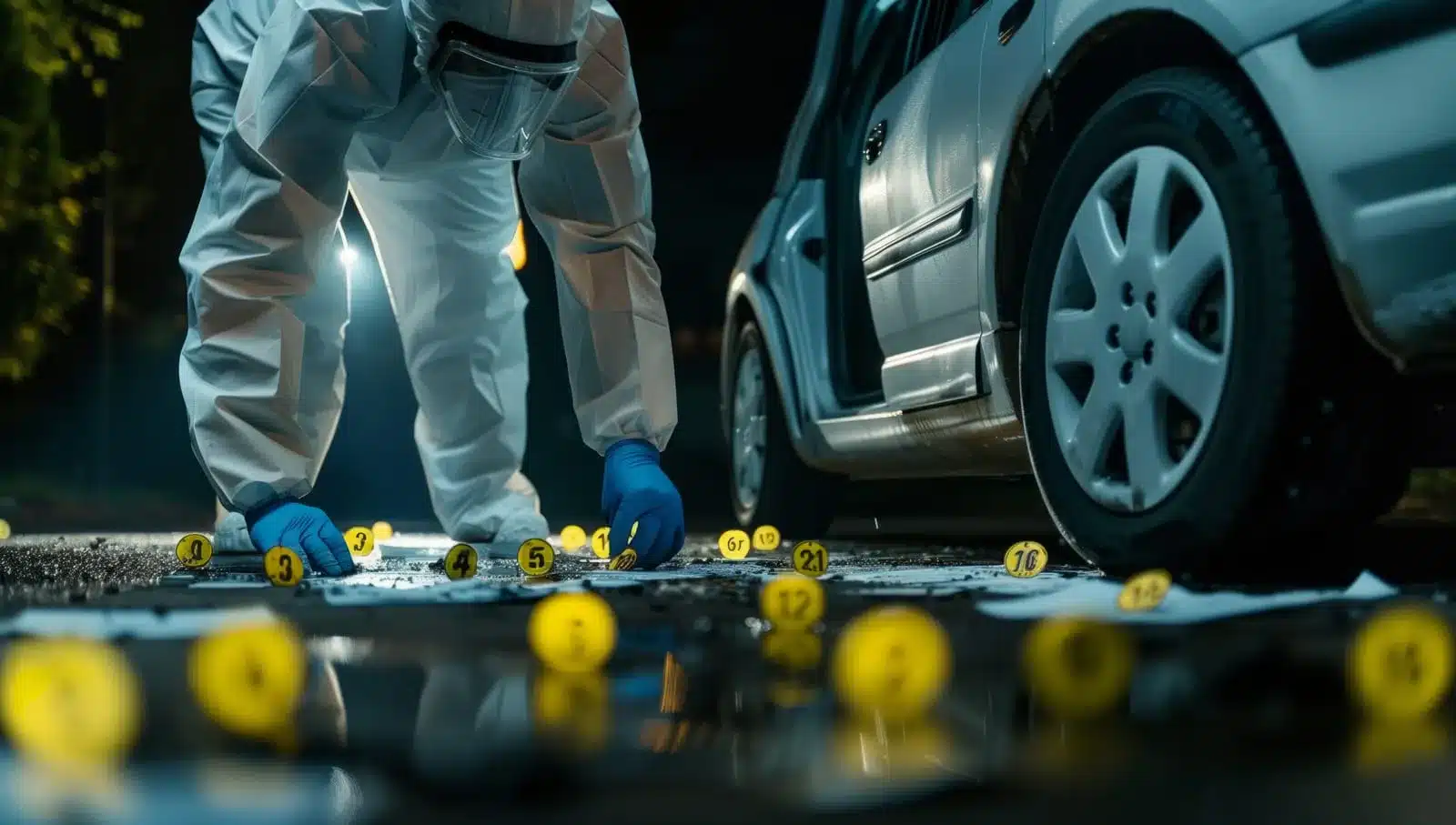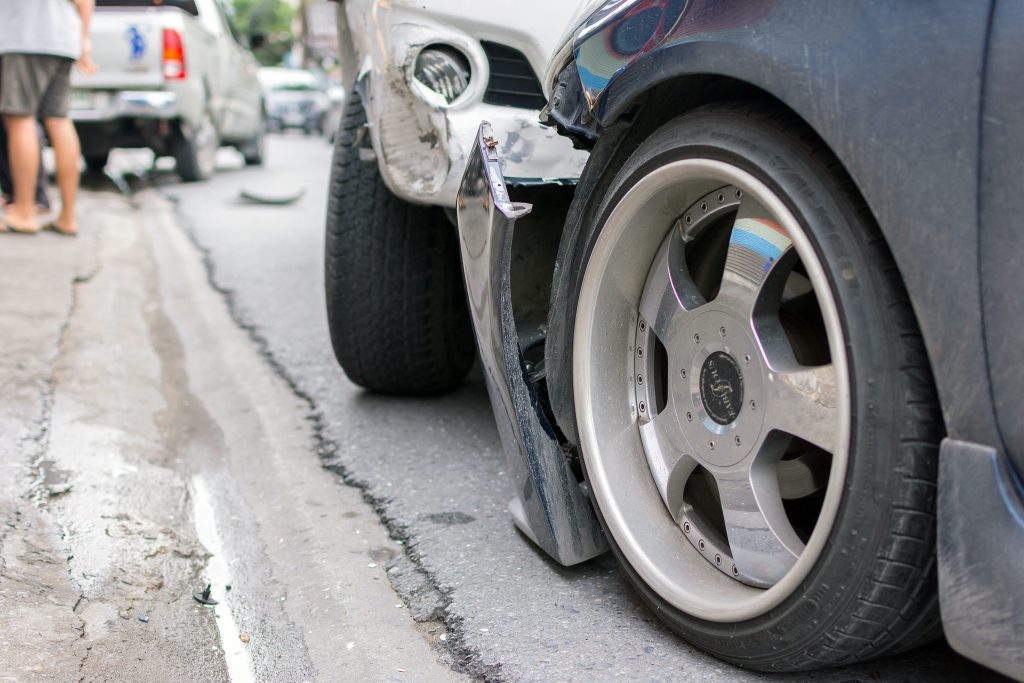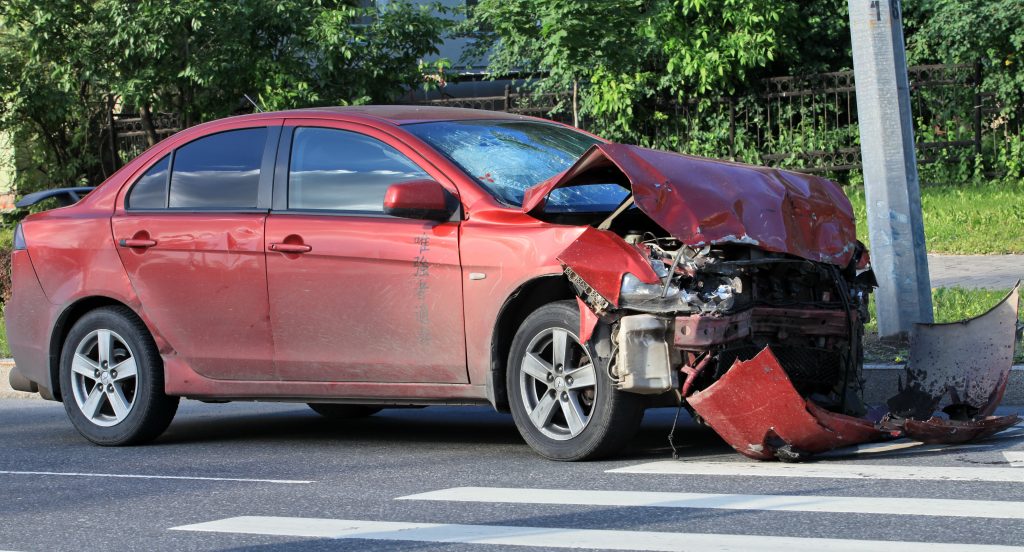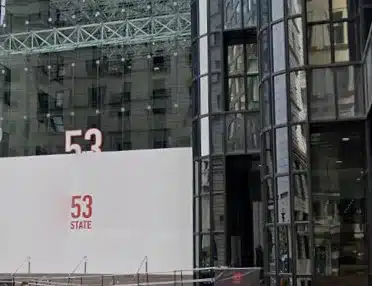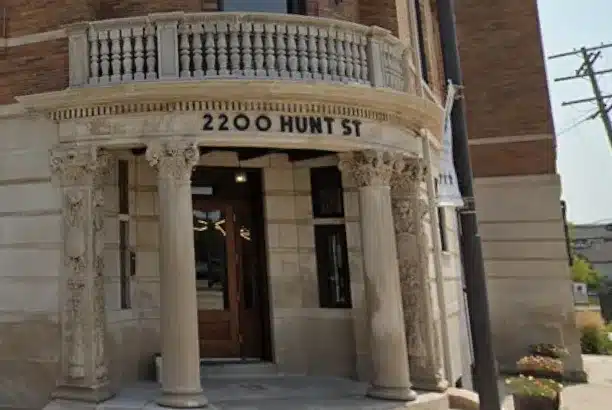What Evidence Should You Collect After an Auto Accident?
Auto accidents are overwhelming and stressful, but what you do in the moments and days following the crash can significantly impact your ability to recover compensation for your injuries, medical bills, and property damage. One of the most important steps you can take is collecting the right evidence. Proper documentation can make or break your case, especially when working with insurance companies or pursuing a personal injury lawsuit.
At RTRLAW, our attorneys have over 35 years of experience helping accident victims across Texas and Florida. We can help you understand what evidence you should gather, why certain types of evidence matter, and how we can help use this evidence to strengthen your case.
1. Photographs and Video Evidence
Visual evidence is one of the most compelling forms of proof after a car accident. Photos and videos capture the scene as it was and provide an unbiased record of damage and conditions. Insurance companies, attorneys, and courts rely heavily on this type of documentation.
When taking pictures, make sure to capture:
- Vehicle damage (all sides of each car involved)
- The accident scene (skid marks, debris, traffic signals, and road conditions)
- Injuries (cuts, bruises, swelling, or any visible trauma)
- Weather and lighting conditions at the time of the crash
- License plates of all vehicles involved
By taking photos and videos, you create a permanent record of the accident that others cannot dispute later. These images can preserve important details that may fade from memory, and they often provide a level of clarity that helps secure a fair settlement.
Sergio Serano
RTR Law is known for its impressive team of legal professionals who prioritize client needs. Their collaborative approach fosters a supportive environment, enhancing case outcomes. The firm’s commitment to clear communication and transparency stands out, making legal processes more accessible. Overall, RTR Law is a reputable choice for those seeking reliable legal representation.
2. Police Reports and Official Documentation
Official reports serve as credible evidence and are often the first documents insurance adjusters or attorneys will review. They provide an objective summary of what occurred and who was involved.
The key documentation you should remember to obtain, includes:
- Police accident report (also known as a crash report)
- Copies of any traffic citations issued
- Medical reports from first responders or hospital visits
- Tow truck or mechanic reports for vehicle damage
Having official records creates a strong foundation for your case because they come from neutral third parties. Police reports establish the facts of the accident, medical records demonstrate your injuries, and repair documents outline the property damage. Together, these records validate your version of events and give weight to your claim.
3. Witness Statements and Contact Information
Eyewitnesses can provide critical testimony to support your version of events. Because memories fade quickly, it’s important to collect statements and contact information at the scene.
At the scene, be sure to collect:
- Full names, phone numbers, and addresses of witnesses
- Written or recorded statements of what they saw
- Any photos or videos witnesses may have taken
Witness testimony can be a powerful way to confirm your account of what happened. Since witnesses are typically seen as unbiased, their statements can help establish fault, resolve disputes, and fill in details you may have missed due to the shock of the crash or your injuries.
4. Medical Records and Bills
Medical documentation provides clear evidence of the physical harm you suffered. Without it, linking your injuries directly to the accident can be difficult.
Because of that, it’s essential to keep all the medical records from your:
- Emergency room reports and discharge summaries
- Follow-up doctor visits and specialist notes
- Diagnostic tests (X-rays, MRIs, CT scans)
- Prescription records and treatment plans
- All related medical bills and receipts
Medical evidence is central to proving the extent of your injuries and the financial toll the accident has taken on your life. These records connect your injuries to the crash, show the severity of your condition, and provide the financial documentation necessary to pursue compensation.
5. Insurance and Employment Records
While not always top of mind, insurance and employment records can further strengthen your claim by showing how the accident impacted your finances.
The types of records you should gather, include:
- Your auto insurance policy and correspondence
- Communications with the other driver’s insurer
- Proof of missed work (timesheets, HR records, pay stubs)
- Documentation of lost wages or reduced earning capacity
These records paint a complete picture of how the accident disrupted your daily life. Insurance documents clarify responsibilities and coverage, while employment records show the income you’ve lost or the setbacks you’ve faced at work. This type of evidence ensures that the compensation you seek reflects not just your medical needs but also your financial losses.
Protect Yourself After an Auto Accident and Hire RTRLAW to Help
Collecting evidence after an auto accident may feel overwhelming, but it’s one of the most important steps you can take to protect your rights and build a strong case. The more documentation you gather, the better positioned you’ll be to negotiate with insurance companies or present your case in court.
At RTRLAW, we understand that accident victims are often too injured or shaken to gather every piece of evidence themselves. That’s why our legal team works tirelessly to collect, organize, and present the strongest possible case on your behalf.
If you or a loved one has been injured in an auto accident in Florida or Texas, call 833-HIRE-RTR (833-447-3787) today for a free, no-obligation consultation.
Revision History:
- Jan 13, 2026 at 6:39 am by RTRLAW (displayed above)
- Jan 13, 2026 at 6:39 am by victor


 CALL US NOW
CALL US NOW TEXT US NOW
TEXT US NOW